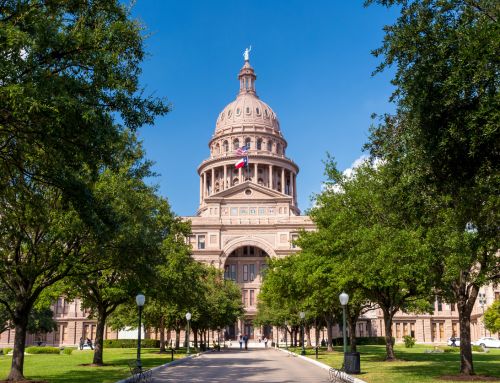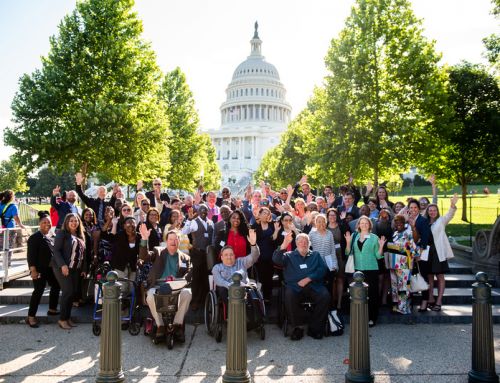As kidney and other healthcare providers face workforce shortages, inflation, and higher wage demands, the federal agency which oversees Medicare is proposing a mere 1.7% increase in dialysis reimbursements for 2024. According to the government’s own Bureau of Labor Statistics (BLS), wages and salaries increased 5.0% during the last year and increased 4.7% the year before; after insufficient updates over the past two years, Medicare payments are falling far behind the actual costs for clinic staff, potentially threatening patient access to care.
Unlike updates to Social Security checks, which are determined by BLS inflation data, Medicare uses “forecasts” of future inflation. When, as happened the past two years (and appears to be occurring again), the projections are far below the actual BLS numbers, Medicare continues to propose insufficient reimbursement rates. This means that dialysis clinics’ reimbursements could remain below operating costs, making it harder to hire and keep essential workers who provide lifesaving care for dialysis patients.
DPC is urging CMS to revise its proposed payments to reflect actual wage costs and ensure dialysis patients do not face any disruptions in their care.
Have Workforce Shortages Impacted Your Care? Please Tell Us How You’ve Been Affected
We have heard anecdotal stories of dialysis patients experiencing disruptions to their care due to workforce shortages (eg. facility closures, elimination of shifts, rescheduling of treatments, ect). Has your care been affected? Please let us know how and where, so we can inform Medicare officials. These examples will only help in our efforts to restore funding for dialysis care.





























